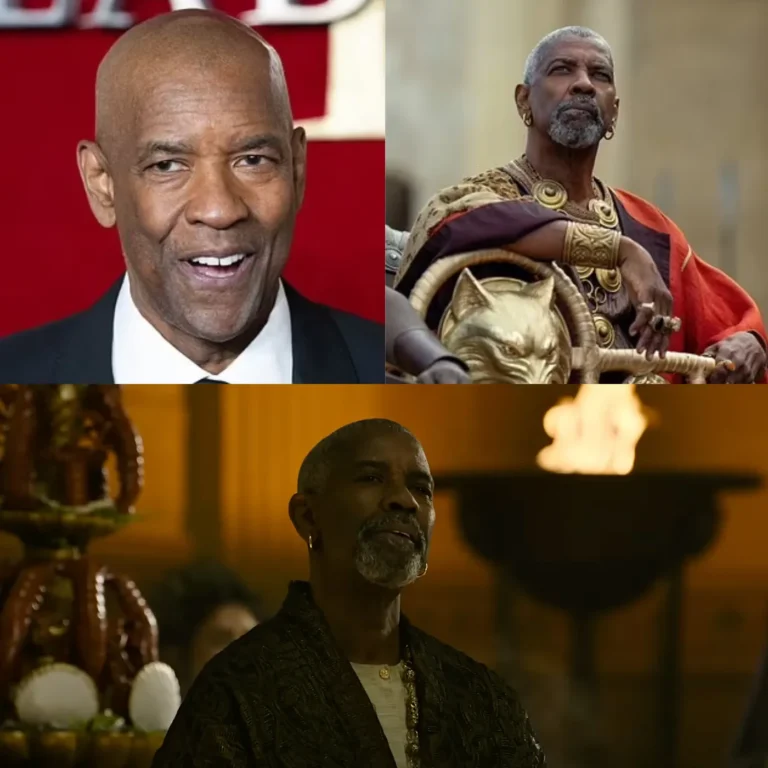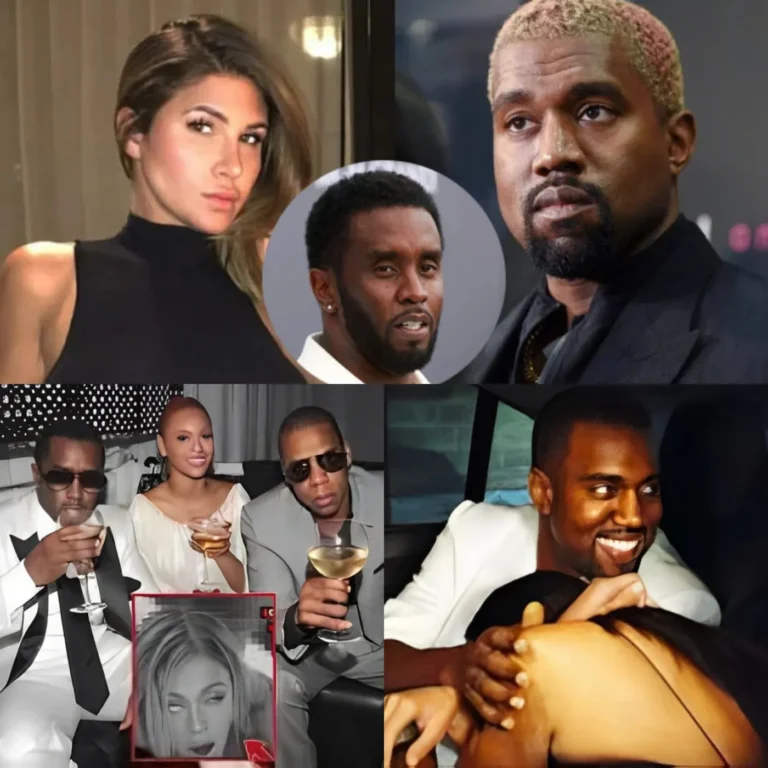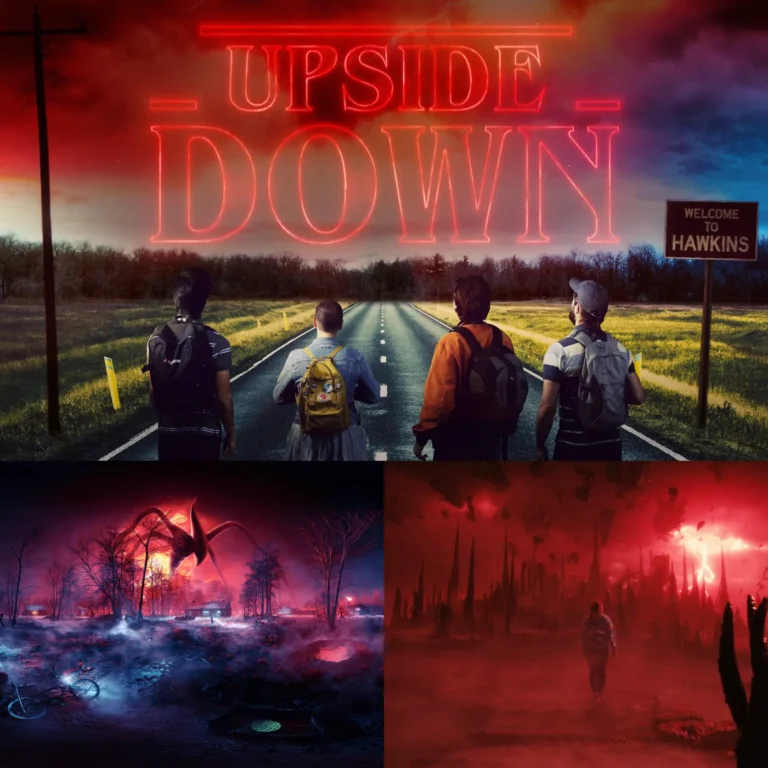Jenna Ortega Speaks Out on ‘Miller’s Girl’ Age-Gap Controversy

Jenna Ortega, widely recognized for her role in the Netflix series “Wednesday,” recently addressed the controversy surrounding her latest film, “Miller’s Girl.” The movie, an erotic thriller, features Ortega, 21, as an 18-year-old student named Cairo Sweet, who becomes romantically involved with her much older teacher, played by Martin Freeman, 52. The 31-year age gap between the two characters has sparked discomfort and debate among viewers, but Ortega insists this reaction was intentional.

In an interview with Vanity Fair, Ortega discussed the film’s uncomfortable themes, noting that it was designed to provoke strong reactions. “It’s not supposed to be a comfortable movie. It’s supposed to be awful at times,” Ortega explained. She emphasized that art is not always about creating pleasant experiences. “Art isn’t always meant to be pleasant or happy, and everyone skips off into the sunset at the end. We all have [expletive]-up experiences at one point or another,” she said.
Table of Contents
ToggleA Challenging Storyline
In “Miller’s Girl,” Cairo Sweet actively pursues a relationship with her teacher Jonathan, played by Freeman, leading to a series of morally complex and disturbing interactions. One particularly controversial scene involves Cairo writing a sexually explicit story, which Jonathan reads while fantasizing about their relationship. The film’s exploration of these themes, paired with the significant age difference, has been a point of contention for many viewers.
Martin Freeman, who portrays Jonathan, also defended the film’s narrative choices in an interview with The Sunday Times earlier this year. He argued that “Miller’s Girl” is meant to be “grown-up and nuanced,” not celebratory of the inappropriate relationship depicted. Freeman compared the film’s handling of difficult subjects to other movies addressing dark historical events, suggesting that challenging content is a valid aspect of storytelling.
Industry Impact and Reaction
The controversy surrounding “Miller’s Girl” extends beyond just public opinion. Following the release of the film, the intimacy coordinator for the production gave an interview to the Daily Mail, confirming that Ortega was “comfortable” with her role in the film. This disclosure led to a reaction from the Screen Actors Guild‐American Federation of Television and Radio Artists (SAG-AFTRA), which subsequently updated its rules to emphasize the confidentiality obligations of intimacy coordinators. This move was seen as a response to concerns about protecting actors’ privacy and ensuring their comfort on set.

Reflecting on Criticism
Ortega’s recent comments to Vanity Fair are not the first time she has addressed backlash related to her work. The actress previously sparked debate over her comments about the script of “Wednesday.” In an appearance on the “Armchair Expert” podcast, Ortega admitted to altering her lines, calling some of her actions “almost unprofessional” and critiquing certain aspects of the show’s writing. Her remarks led to discussions within the industry about the role of actors in shaping their characters and the respect due to writers.
During her interview with Vanity Fair, Ortega acknowledged that her comments might have been received differently if she had expressed them more thoughtfully. “I probably could have used my words better in describing all of that,” she admitted. “I think, oftentimes, I’m such a rambler. I think it was hard because I felt like had I represented the situation better, it probably would’ve been received better.”
Looking Ahead
Despite the controversies, Ortega continues to rise as one of Hollywood’s most promising young talents. Her willingness to tackle complex and challenging roles demonstrates a commitment to pushing boundaries and exploring the darker aspects of human experiences. As she prepares for her next projects, including her role in the upcoming Tim Burton sequel “Beetlejuice Beetlejuice,” Ortega’s approach to her craft and her outspokenness are likely to keep her at the forefront of conversations about the evolving landscape of modern cinema.





